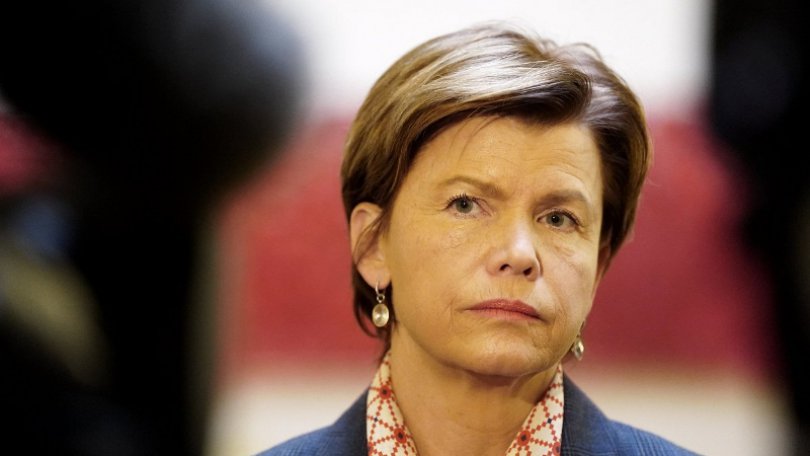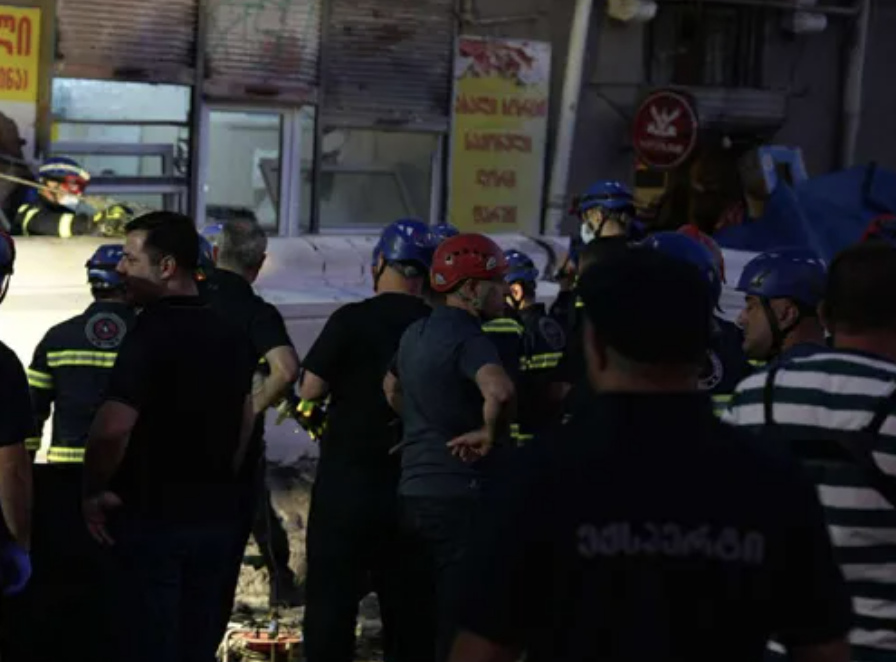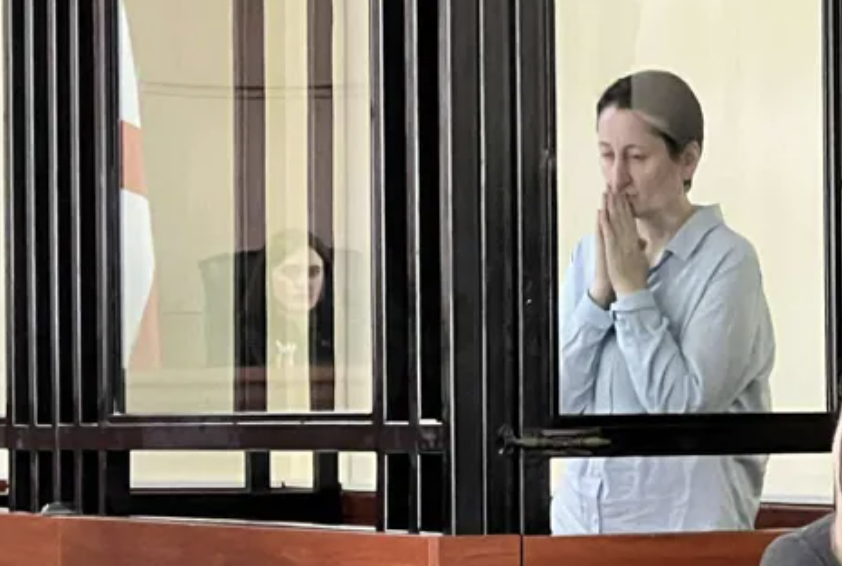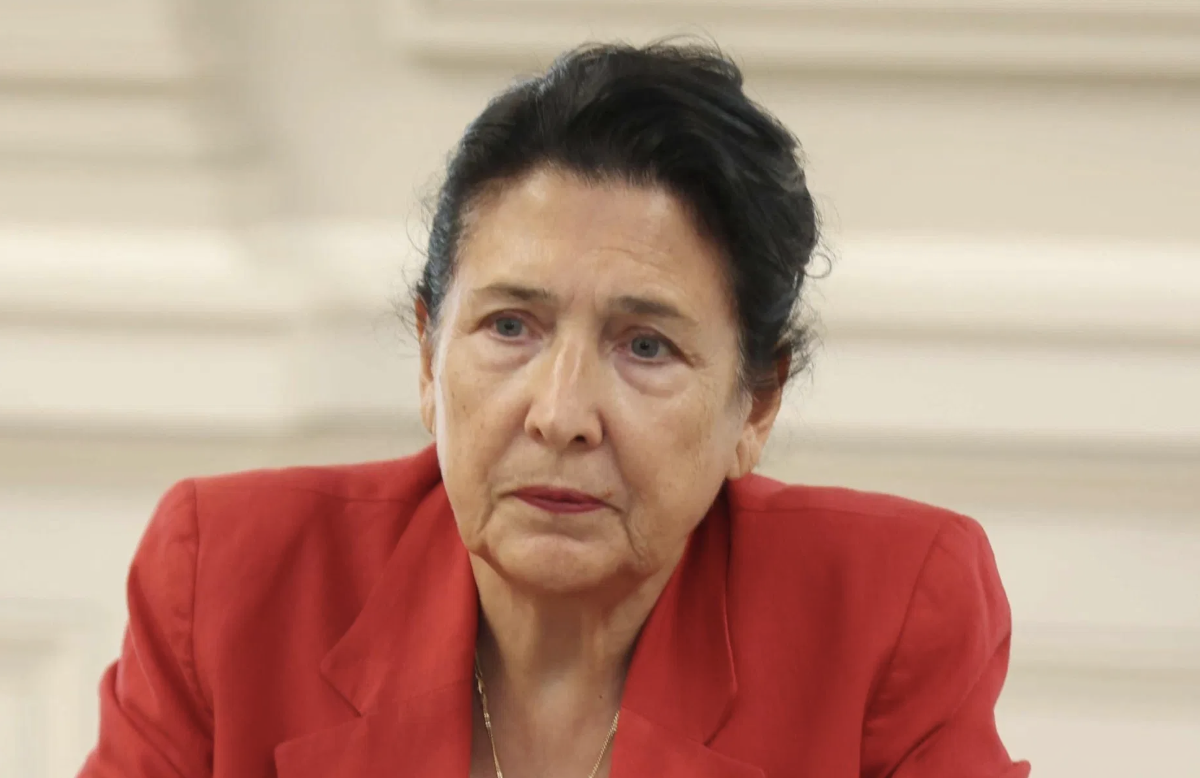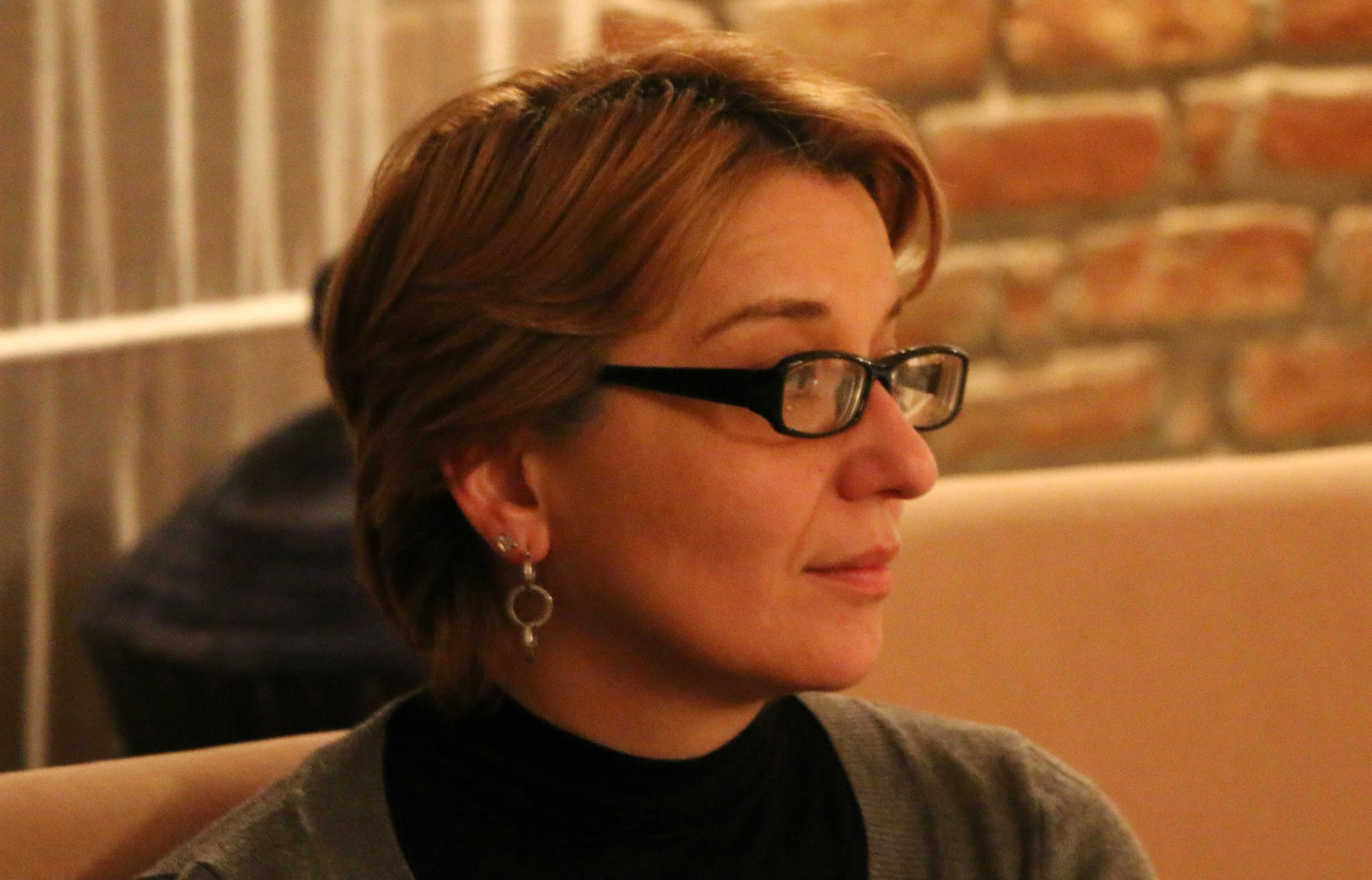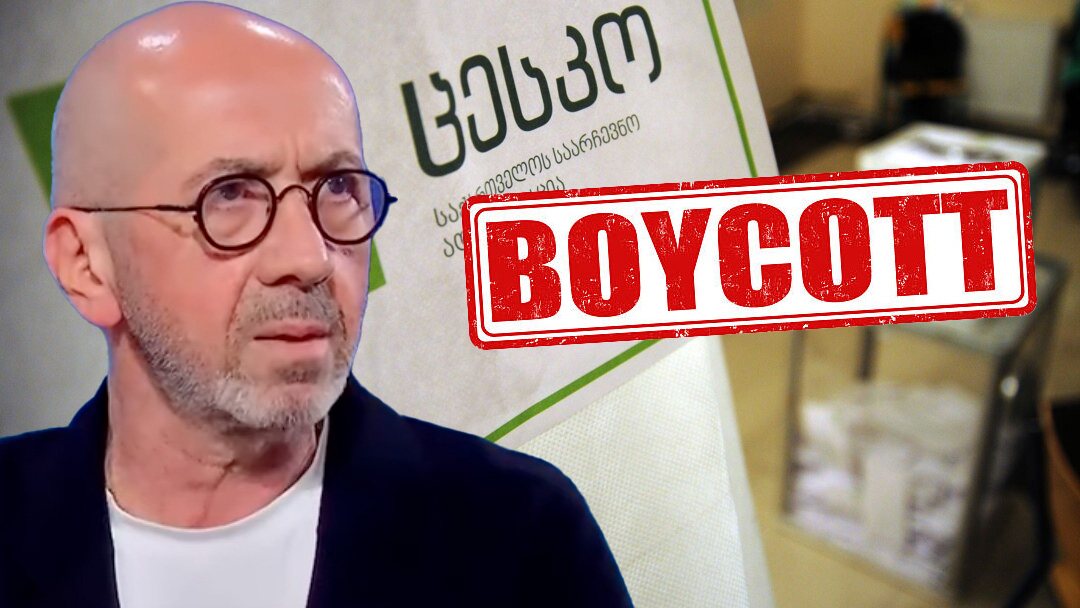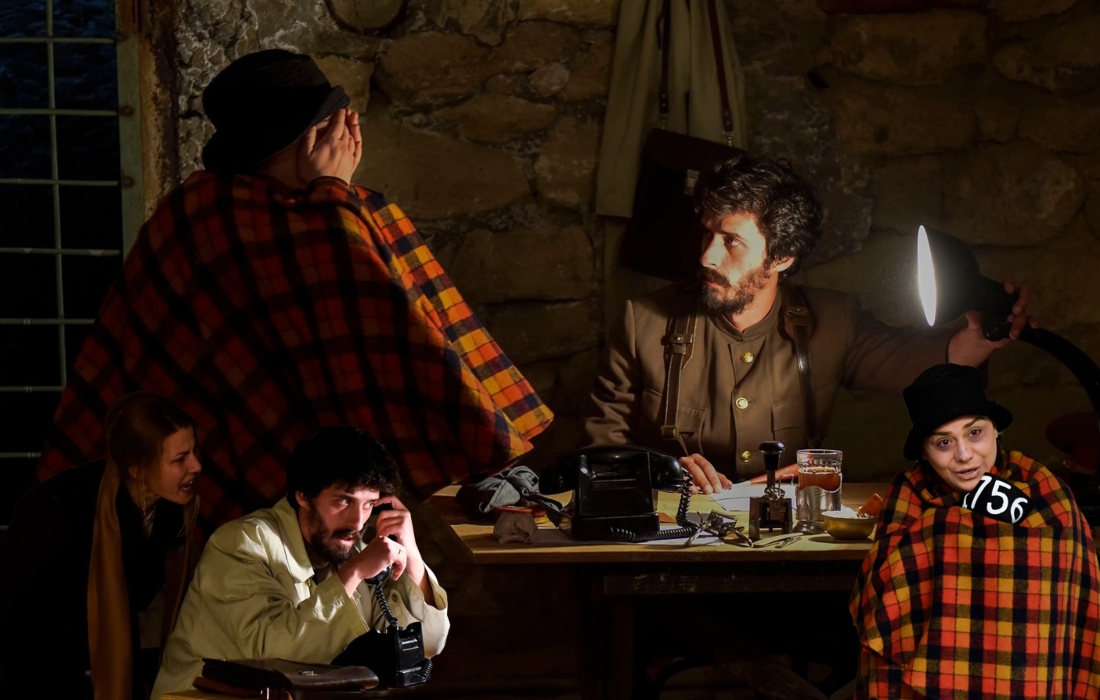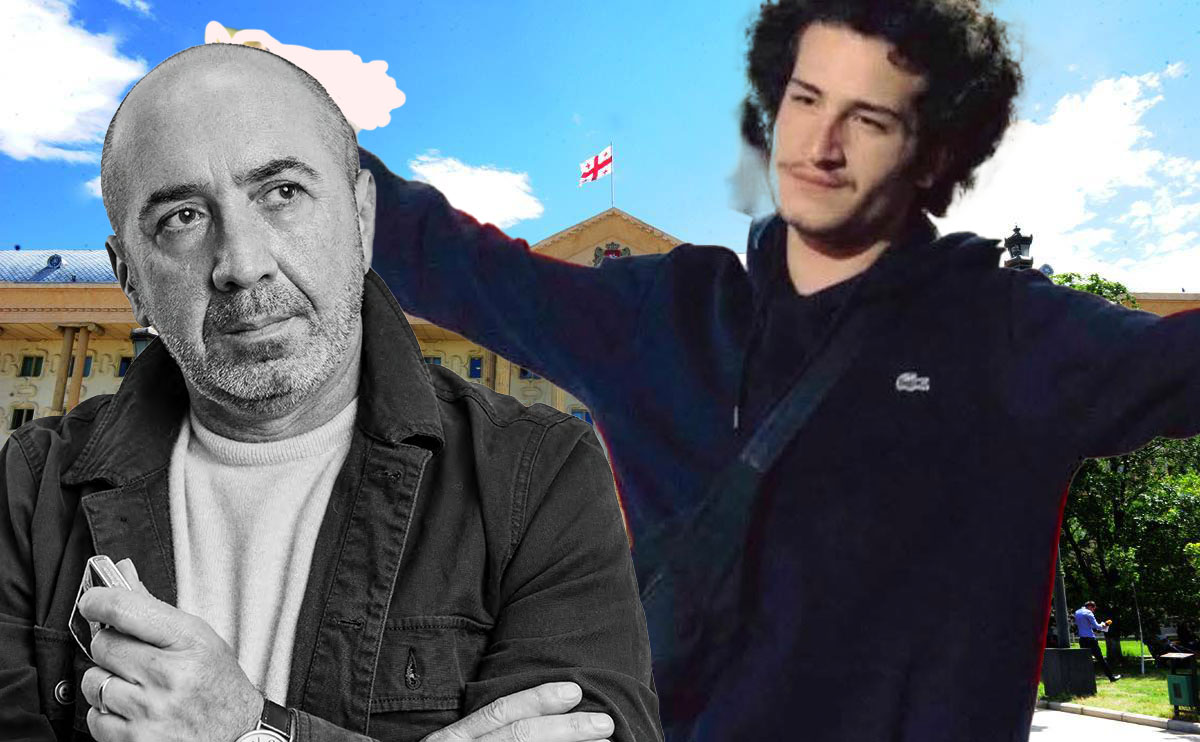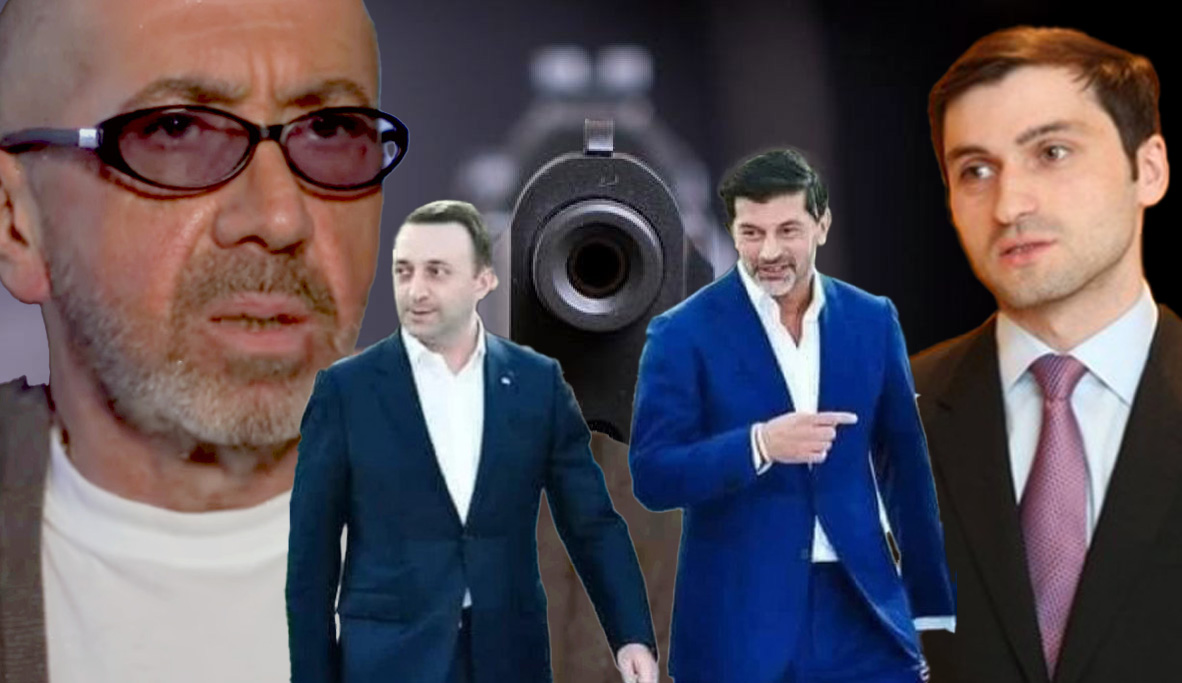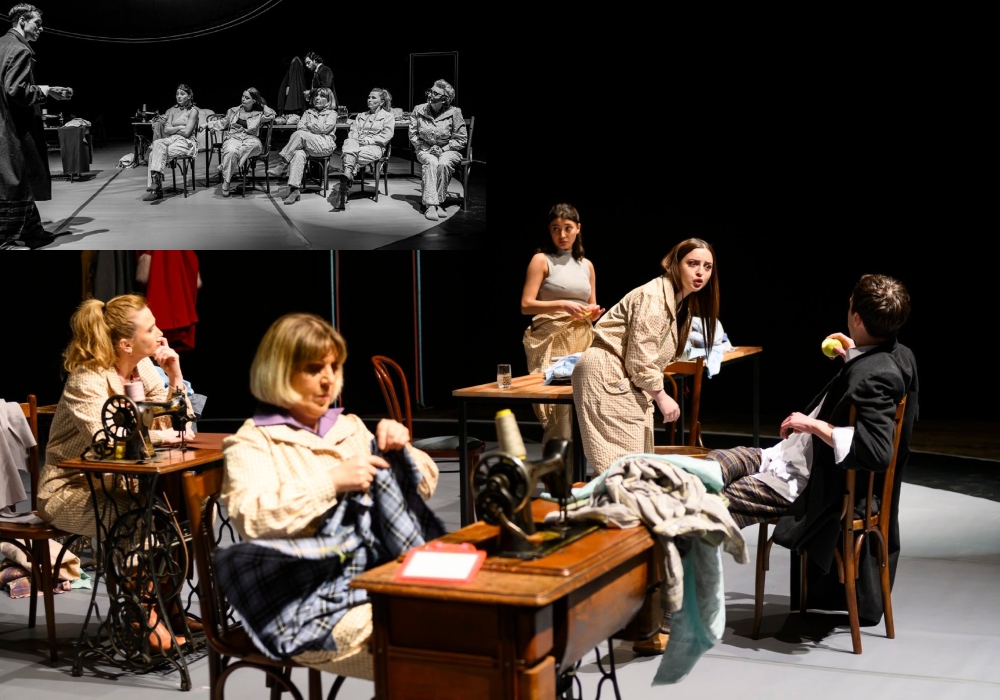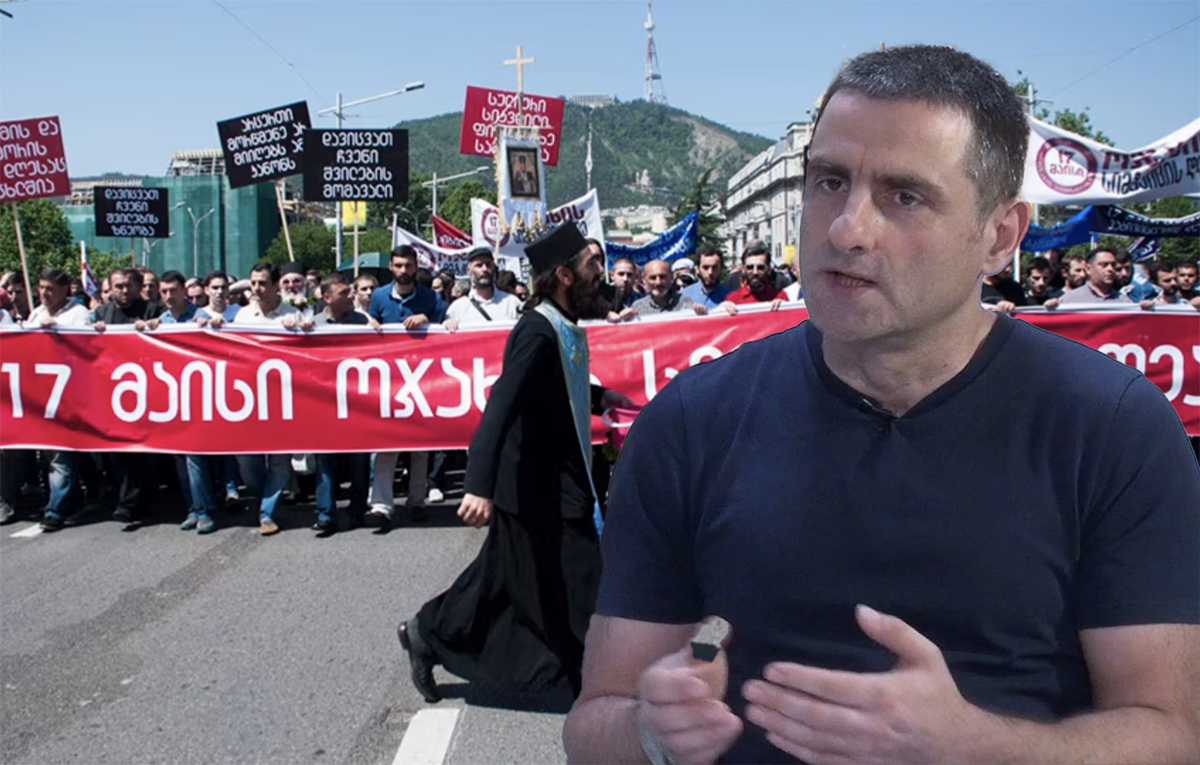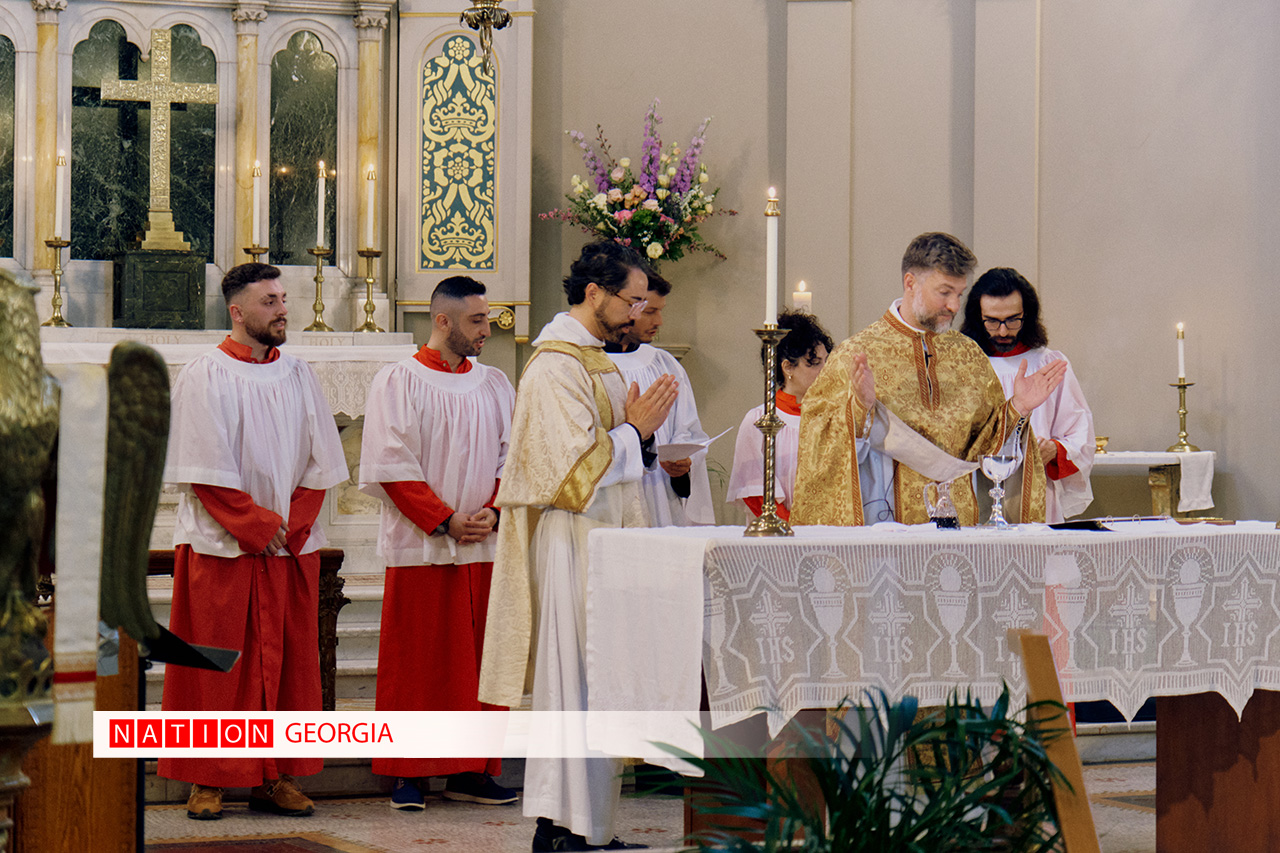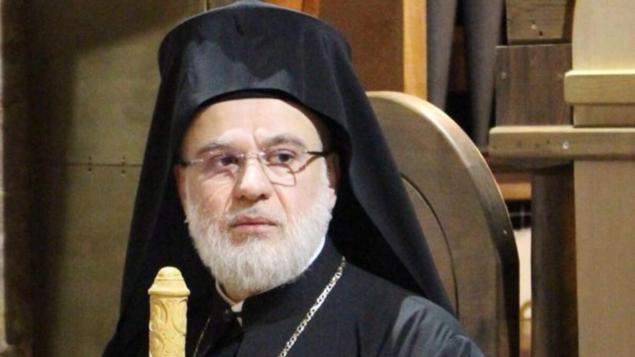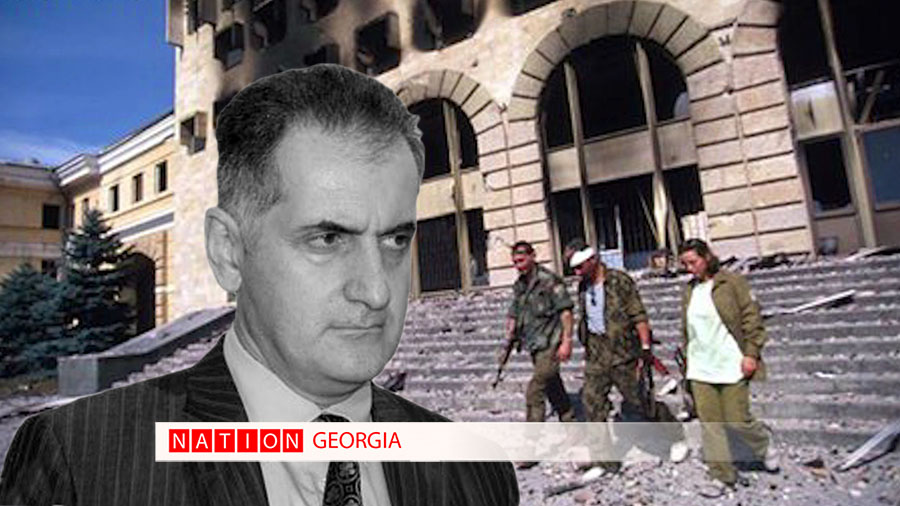გოჩა მირცხულავა: კობახიძე მემკვიდრედ ბიძინას უნდა თუ არა, ამას არა აქვს მნიშვნელობა, კობახიძეს მიაჩნ

როგორ ჩავისუნთქოთ, რომ უკეთესად ამოვისუნთქოთ? / How to inhale, to exhale better?
03.09.2020 ნახვები: 909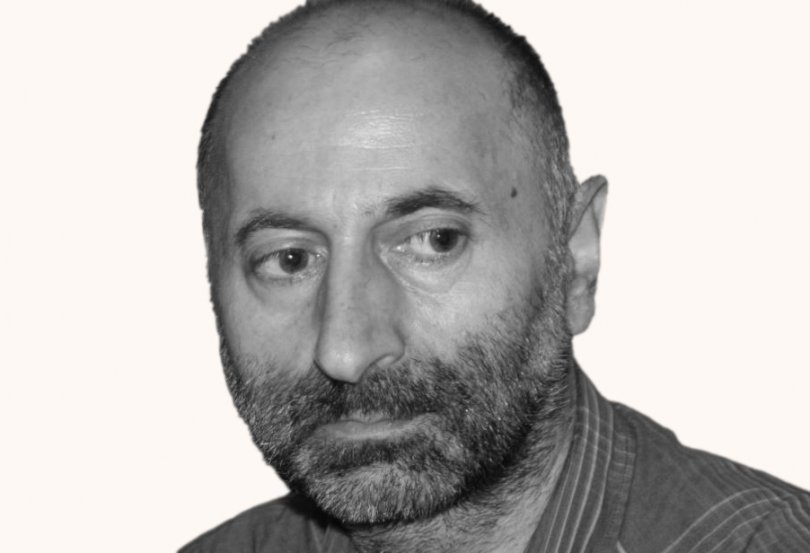
დავით ბუხრიკიძე/ David Bukhrikidze
თბილისის საერთაშორისო კინოფესტივალი განსაკუთრებული აღმოჩნდა არა მხოლოდ იმიტომ, რომ მეოცე და საიუბილეო იყო, არამედ იმიტომაც, რომ საერთაშორისო კონკურსის ნაცვლად (აქამდე სწორედ ასე იყო), პირველად ფესტივალის ისტორიაში, საერთაშორისო ჟიურის წევრებს ახალი ქართული ფილმების შეფასება-შემოწმება მოუხდათ.
შესაბამისად, ეროვნული კინემატოგრაფის „დოზა" საკმარისად მივიღეთ და მისი პრობლემები, განვითარების შესაძლებლობანი და რეალობა ახლო ხედით უკეთესად დავინახეთ. სრულმეტრაჟიანი ფილმების კონკურსში ექვსი რეჟისორის ფილმი მონაწილეობდა, რომელთა შორის ნორჩებიც იყვნენ, კინოფესტივალებში გაწვრთნილებიც და _ ლეგენდარული ლანა ღოღობერიძეც.
მაშ, ასე: უტა ბერიას „უარყოფითი რიცხვები", დიტო ცინცაძის „ჩაისუნთქე-ამოისუნთქე", გიგა ლიკლიკაძის „ღორი", თამარ შავგულიძის „კომეტები", დიმიტრი მამულიას „ბოროტმოქმედი" და ლანა ღოღობერიძის „ოქროს ძაფი".
ძირითადი კონკურსის გარდა კინოს მოყვარულებს ასევე საშუალება ჰქონდათ, ასზე მეტი ფილმი ენახათ, რომელიც სხვადასხვა კატეგორიაში იყო წარმოდგენილი: „ევროპული კინოფორუმი", „ამერიკები", „ჰორიზონტები", „რეჟისორი ფოკუსში", „ქვეყანა ფოკუსში", „ქართული პანორამა", „კინომეხსიერება" და „განსაკუთრებული კინოჩვენებები". ასე რომ, თბილისის საერთაშორისო კინოფესტივალი დღემდე ერთადერთ პლატფორმად რჩება, სადაც საავტორო კინო წელიწადში ერთხელ, ერთი კვირის განმავლობაში, ასეთი დიდი დოზითა და კონცენტრაციითაა წარმოდგენილი.
ქართულ პროგრამაში მაყურებელს 18 მოკლემეტრაჟიანი და 7 დოკუმენტური ფილმის ნახვაც შეეძლო. გარდა ამისა, თბილისის კინოფესტივალის ლამის სავალდებულო რიტუალია საპატიო „პრომეთეს" გადაცემა კინოხელოვნებაში შეტანილი განსაკუთრებული წვლილისთვის. 2019 წელს ეს ჯილდო ცნობილმა მექსიკელმა სცენარისტმა და რეჟისორმა კარლოს რეიგადასმა და ქართველმა რეჟისორმა ირაკლი კვირიკაძემ დაიმსახურეს.
ფესტივალის გახსნა ალფრედ ჰიჩკოკის, ჯერ კიდევ, მუნჯი „შანტაჟით" (1929) სიმბოლურიც იყო, რადგან კინოთეატრ „ამირანის" სცენიდან ფილმი ახალგაზრდულმა „ალტერ ორკესტრმა" დირიჟორ მირიან ხუხუნაიშვილის ხელმძღვანელობით გაახმოვანა. ჩვენებას ბრიტანელი კომპოზიტორი და ამ გახმოვანების ავტორი, ნილ ბრენდიც ესწრებოდა, რომელსაც „დიადი მუნჯის" მუსიკალურად ამეტყველებაში დიდი გამოცდილება აქვს.
მეოცე საერთაშორისო კინოფესტივალი ახლახან გარდაცვლილი ცნობილი ქართველი რეჟისორის, მიხეილ კობახიძის 60-იანი წლების ბოლოს გადაღებული შედევრით _ „ქორწილით" დაიხურა, რაც მისი ხანმოკლე, მაგრამ ბრწყინვალე შემოქმედებისადმი პატივისცემის გამოხატულება იყო.
გამარჯვებულები
„საუკეთესო სრულმეტრაჟიანი ფილმის" ნომინაციაში გაიმარჯვა დიმიტრი ცინცაძის ფილმმა „ჩაისუნთქე-ამოისუნთქე";
ჟიურის სპეციალური აღნიშვნა დაიმსახურა რეჟისორმა უტა ბერიამ ფილმისთვის „უარყოფითი რიცხვები";
„საუკეთესო მოკლემეტრაჟიანი ფილმისთვის" პრიზი გადეცა გიორგი სიხარულიძეს ფილმისთვის „მამული";
ჟიურის სპეციალური პრიზი საუკეთესო ოპერატორული ნამუშევრისთვის გადაეცათ ანტონ გრიმოვსა და ალიშერ ხამიდხოჯაევს (დიმიტრი მამულიას ფილმი „ბოროტმოქმედი");
საქართველოში ევროკავშირის წარმომადგენლობის პრიზი „ადამიანის უფლებები კინოში" ასევე გადაეცა უტა ბერიას ფილმისთვის „უარყოფითი რიცხვები";
რეჟისორმა მარი გულბიანმა მოიპოვა ჯილდო „საუკეთესო დოკუმენტური ფილმის" კატეგორიაში _ „სანამ მამა დაბრუნდება".
ჟიურის გემოვნებაზეც დაობენ
ჟიურის გადაწყვეტილება, ნებიმიერ შემთხვევაში, სუბიექტურია და შედეგები დისკუსიისთვის არის განწირული. მაგალითად, რატომ ამჯობინეს ახალგაზრდა გიგა ლიკლიკაძის უცნური აბსურდითა და ბილწსიტყვაობით შეზავებულ „ღორს" (რომელსაც უკვე „რეგიონული მასშტაბის ტარანტინოს" სახელი აქვს) დიტო ცინცაძის „ჩაისუნთქე-ამოისუნთქე", რომლის მთავარი გმირი ახალგაზრდა ქალია? ის ციხიდან ეს-ესაა გამოვიდა, პროვინციულ ქალაქში ცხოვრობს და საზოგადოებაში ინტეგრირებას ცდილობს, თუმცა საკუთარ ოჯახთანაც გადაულახავი პრობლემები აქვს...
რატომ ვერ დაინახეს და დააფასეს უტა ბერიას ფილმში „უარყოფითი რიცხვები" არასრულწლოვანთა სასჯელაღსრულების დაწესებულებაში განვითარებული ფსიქოდრამა?.. ფილმის მსვლელობისას მაყურებელი ციხის კედლებში, გისოსებითა და სნაიპერებით გარშემორტყმულ გმირებს, კარგად აკვირდება და სხარტი, იუმორისტული პასაჟების წაკითხვაც შესანიშნავად შეუძლია...
ან რატომ ვერ მოხიბლა ჟიური თამარ შავგულიძის „კომეტებმა", სადაც შუა ხნის სიმპათიური, ინტელიგენტი ქალების დამარხული სიყვარულის ისტორიაზეა მოთხრობილი და ფაქიზი დეტალებით გამოირჩევა?..
მოკლედ, შეკითხვები პასუხებზე მეტია და ეს ნებისმიერი კინოფესტივალის ნაწილია.
Peculiarities of the 20th Tbilisi International Film Festival
Tbilisi International Film Festival proved to be special not only because it was the 20th and anniversary, but also because instead of international competition (that is how it went before), for the first time in the history of the festival, international jury members had to evaluate-examine new Georgian movies.
Consequently, we received sufficient "doze" of national cinematography and obtained better, close-up view of its problems, development opportunities and reality. Movies of six movie-producers participated in the competition of full-length films, including young, experienced producers and legendary Lana Gogoberidze.
Thus, Eta Berias "Negative Numbers", Dito Tsintsadzes "Inhale- Exhale", Giga Liklikadzes "Pig", Tamar Shavgulidzes "Comets", Dimitri Mamulias "Criminal Man" and Lana Gogoberidzes "Golden Thread".
In addition to the main contest, the movie lovers also had the opportunity to watch over one hundred movies, presented in different categories: "European Film Forum", "The Americas", "The Horizons", "Director in Focus", "Country in Focus", "Georgian Panorama", "Movie Memories" and "Special Screenings". So, up to date, Tbilisi International Film Festival remains the only platform, where auteur cinema is [resented in such huge doze and concentration one a year, during one week.
In Georgian program the spectators could watch 18 feature and 7 documentary movies; besides, its almost a mandatory ritual of Tbilisi Film Festival to give out honorary "Prometheus" for special contribution to cinematography. In 2019, famous Mexican script writer and director Carlos Reygadas and Georgian director Irakli Kvirikadze earned this award.
Opening of the Festival with Alfred Hitchcocks still silent film "Blackmail" (1929) was symbolic, as youth "Alter Orchestra", directed by band-master Mirian Khukhunaishvili, sounded the movie from the stage of cinema "Amirani". The screening was attended by British composer and author of this sounding Nil Brand, who has solid experience in musical sounding of the "Great Silent"
The 20th International Festival was closed with "The Wedding", filmed by famous Georgian director, the late Mikheil Kobakhidze in late 60-ies; it was a demonstration of respect to his short, but brilliant creative work.
Winners
The winner in the "Best Feature Film" nomination was Dito Tsintsadzes movie "Inhale-Exhale";
Director Uta Beria deserved the jurys special remark for the movie "Negative Numbers";
The award for the "Best Short Movie" was given to Giorgi Sikharulidze for the movie "The Fatherland";
The jurys special prize for the best cameramans work was awarded to Anton Grimov and Alisher Khamidkhojaev (Dimitri Mamulias movie "The Criminal Man");
The prize of EU Mission to Georgia "Human Rights in Cinema" was also given to Uta Beria for the movie "Negative Numbers";
Director Mari Gulbani earned the award in the category of the "Best Documentary Film" - "Before Father Gets Back".
Even the Jurys Taste Could Be Argued
Jurys decision, in any case, is subjective and the results are predestined for discussion. E.g. why did they prefer Dito Tsintsadzes "Inhale-Exhale", the main character of which is a young woman (she had just been released from prison, lives in provincial town and tries to integrate into the society, however, has insuperable problems with her own family...) over Giga Liklikadzes "Pig", seasoned with strange absurd and bad language (who is already known as "region-wide Tarantino")?
Why did they failed to see and evaluate psychodrama, developed in juveniles penitentiary establishment in Uta Berias movie "Negative Numbers"?.. When watching the movie, one well observes the heroes, surrounded by bars and snipers in prison walls and can read laconic, humoristic passages very well too...
Or, why did Tamar Shavgulidzes "Comets", retelling the story of the buried love of middle-aged, well-looking, intelligent women and is distinguished for gentle details, failed to enchant jury?..
Thus, there are more questions than answers and it is part of any film festival.

